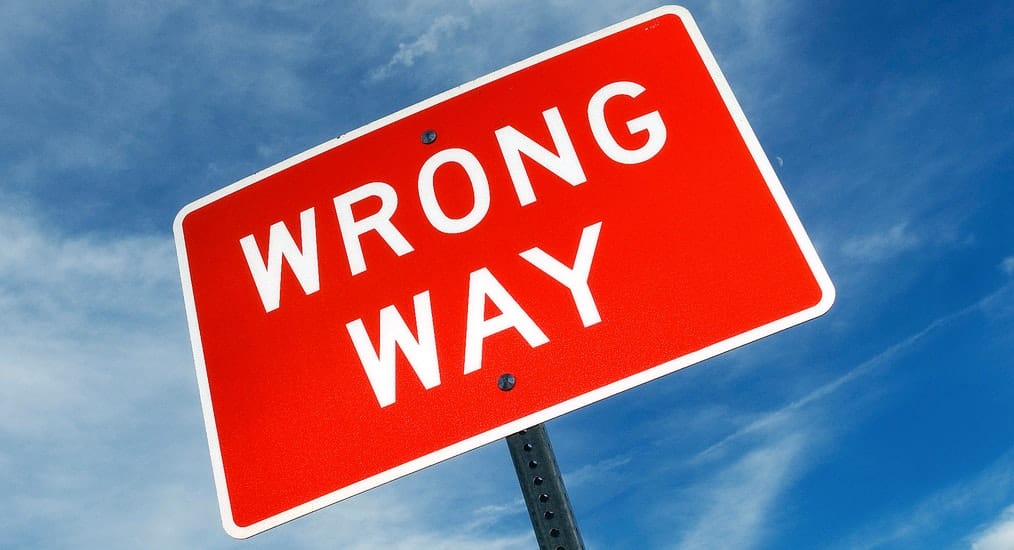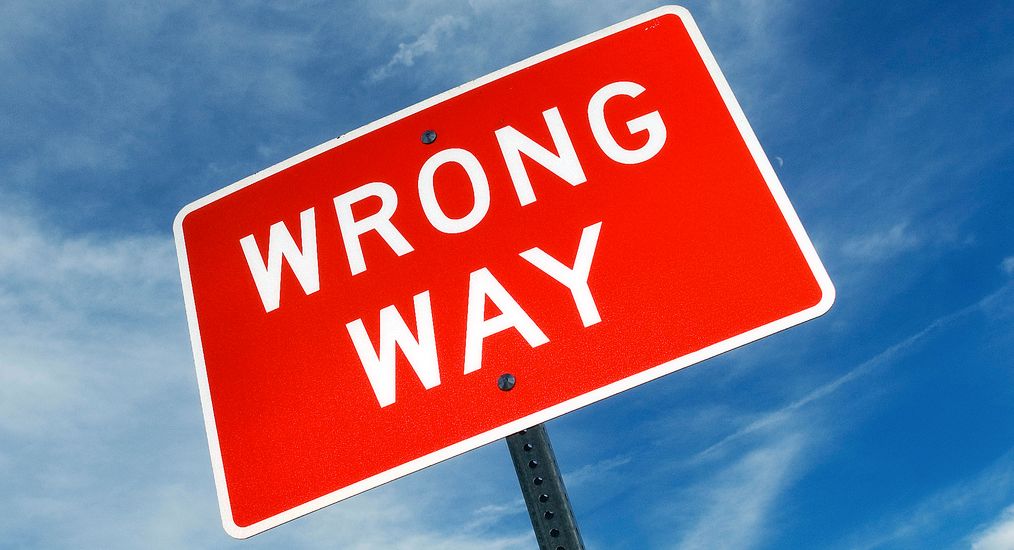What If One Side Is Wrong?
The insidious tendency toward "balance" is eroding truth and facts

In journalism, it’s being called “bothsidesism,” the training and by now custom to represent both sides of an issue to prevent accusations of bias against an outlet, a reporter, or a publisher.
While it sounds reasonable on its surface, it is a blatant invitation for a few problems that have been dogging society for decades now.
- It’s a way to preserve the status quo. Imagine if during the first discussions about pollution that ultimately led to the establishment of the Environmental Protection Agency that the media had given equivalent space to arguments from business owners, employees who might be affected, polluters, and so forth. We’d probably still have streets littered with paper, rivers mucked with runoff, and air we could nibble. Instead, the press pushed past the status quo and its lame excuses and aligned with the change agents, and we had fairly rapid improvement in air, water, and soil. Representing each side as valid creates a stalemate, and stymies change. Those who want to preserve the status quo are the ones most likely to push for “fairness,” which is ultimately unfair because it distorts the world toward the status quo.
- It’s a blatant invitation to expand Overton’s window. Overton’s window is the conceptual space of allowable and reasonable dialogue. If you know any argument you make, no matter how specious or ill-willed, must be covered to preserve “balance,” you can expand the window of dialogue easily, or at least upset the discussion — simply present an extreme “other side,” and you will create conceptual imbalance that makes rational discussion impossible.
- It’s a distortion masquerading as sophistication. “Balance” is a distortion of reality. Reality is unbalanced, asymmetric in many ways. To make progress, it has to tilt toward the truth, not balance out truth with lies. To bring truth to power, it has to amplify voices that are disenfranchised or ideas that are verifiable but nascent. Reality is unbalanced because it has momentum. Balancing it impedes momentum and distorts reality.
What “balance” doesn’t consider is that one side may be wrong. It is wrong to imprison children in camps, wrong to incite violence against the media, wrong to ignore science and truth, wrong to blame businesses for failing when you purposely undermine their revenue sources with bad policy, and wrong to incite fear and instill doubt.

A recent exchange on a role-playing game discussion forum reveals one way to deal with the “bothsidesism” that is infecting our intellectual lives. In this exchange, a user wrote:
. . . the problem I find with a lot of people who call themselves “progressives” online is that they seem to think the only strategy worth doing is to ‘ostracise [sic] people people [sic] whose values are antithetical to their own’ rather than discuss it with them of accept that some people just have different views.
The response from the moderator is inspiring if you are, like me, someone devoted to taking a stand for the truth and against false equivalency and equivocation:
Ethnic cleansing is not “different views.” Racism is not “different views.” White nationalism is not “different views.” Dogwhistling that attacks against your political enemies will continue if the media doesn’t stop saying things you don’t like is not “different views.” Putting children in cages is not “different views.”
In science and scholarship, the entire endeavor is about sorting out right from wrong. But we are used to saying when something is wrong. We have a culture that, so far, rewards this practice. However, this culture is prone to the same sort of influences that are damaging the larger culture’s ability to dismiss misleading stances. The rhetoric of balance has become widespread.
Business model shifts can introduce hidden imbalances. One risk we’re courting with making authors the center of the research publishing economy is ingesting their self-interests — their papers are worth publishing because they say so. That’s a risk we should and can avoid with the right business models, which would focus on meeting readers’ interests in accuracy, quality, novelty, and relevance.
When more information is available, we can easily be fooled, overwhelmed, or desensitized. This is why having the gatekeeping of editors, journalists, and opinion writers eroded by calls for “fairness” is so corrosive. There is fairness in progress, in working to make positive change. There is fairness in ignoring nonsense and lies. There is fairness in rejecting hate and bigotry.
There is no fairness in fooling people with false equivalency or tricking them to remain in the same situations they find unjust.